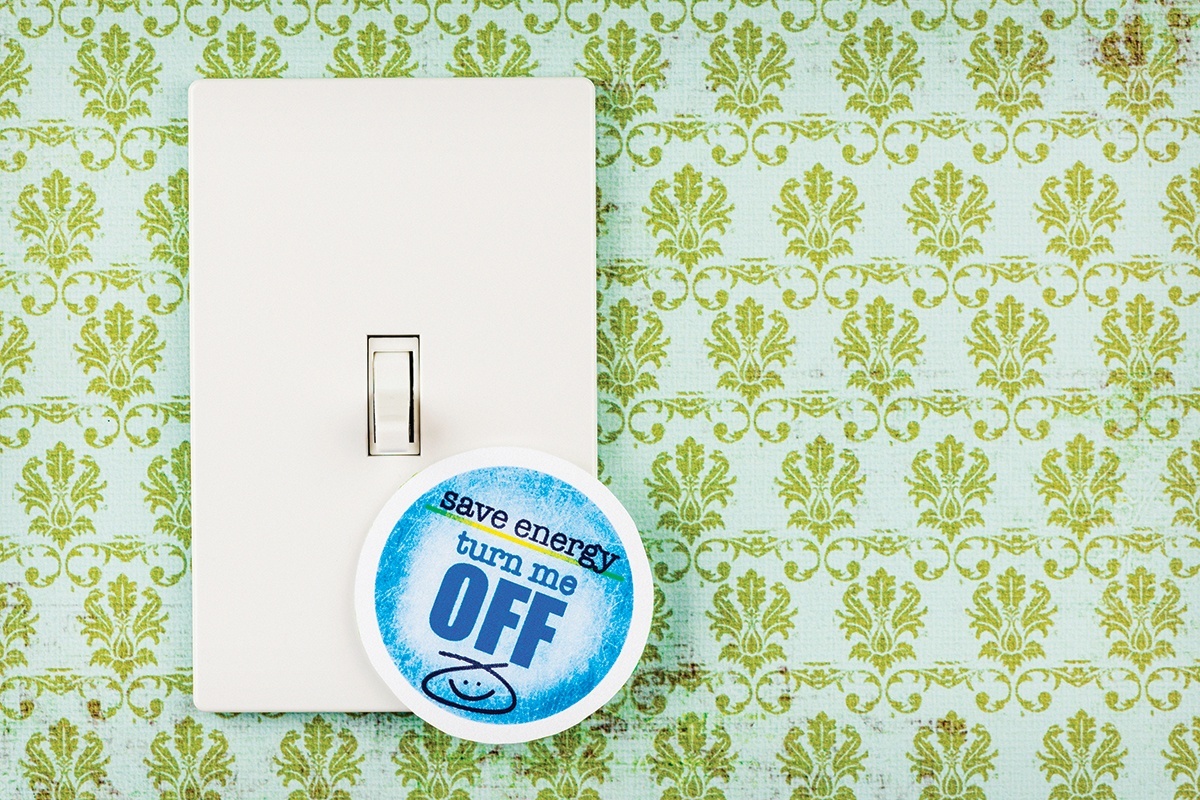Misconceptions about energy use are hiding around every corner of your home, and they can take a toll on your utility bills. Don’t be fooled by common energy myths.
Myth: The higher the thermostat setting, the faster your home will heat.
Reality: You might think that walking into a room and raising the thermostat to 85 degrees will make the room warm up quickly. Not true. Thermostats direct a home’s heating, ventilation and air-conditioning system to heat or cool to a certain temperature. Drastically adjusting the thermostat won’t make a difference in how quickly you feel warmer—or cooler—than if you set it at a reasonable level.
The Department of Energy recommends setting your thermostat to 78 degrees during summer months and 68 degrees during winter.
Myth: Opening the oven door to check on a dish doesn’t really waste energy.
Reality: Although it can be tempting to check the progress of that dish you’re cooking in the oven, opening the oven door does waste energy. Every time the door is opened, the temperature inside the oven is reduced by as much as 25 degrees, delaying the progress of your dish—and costing you additional money. Try using the oven light and peeking through the window instead.
Myth: Leaving lights, computers and other electric devices turned on is a good idea. Switching them on and off wears them out more quickly and produces sudden power spikes that negate any energy savings.
Reality: If there were ever any legitimacy to this idea, there isn’t anymore. Switching modern appliances and electrical devices on and off frequently will not reduce their life span, and any power surges that might occur are likely to be miniscule. The bottom line is that if you aren’t using an electrical device, it should be turned off.
Myth: Reducing my energy use is too expensive.
Reality: Many consumers believe that reducing energy use requires expensive upfront costs, such as purchasing new, more efficient appliances or making construction upgrades to an older home. The truth is, consumers who make small changes to their efficiency habits—like turning off lights when not in use, sealing air leaks and using a programmable thermostat—can see a significant reduction in energy consumption.
Remember: Energy efficiency doesn’t have to be difficult. Focus small to save big.


